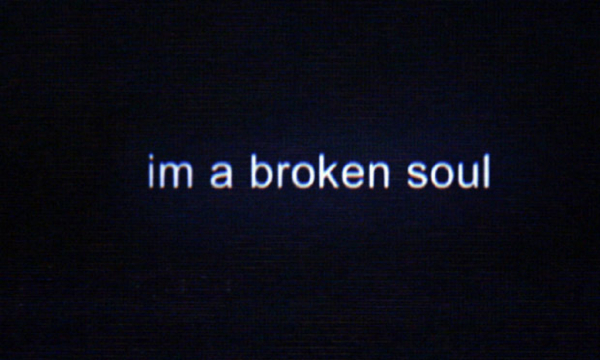Movie review by Greg Carlson
Things move so quickly in the digital age that documentaries on contemporary Internet politics are risky business for diligent filmmakers committed to quality research. Alex Gibney, whose “Taxi to the Dark Side” earned the 2007 Oscar for Best Documentary Feature, is as good as any non-fiction storyteller working today, and “We Steal Secrets: The Story of WikiLeaks” joins “Mea Maxima Culpa: Silence in the House of God,” “Client 9: The Rise and Fall of Eliot Spitzer,” “Enron: The Smartest Guys in the Room,” and a number of other features as a moment-in-time snapshot of a lightning rod topic. What has surprised some critics on the left is the possibility that Gibney has ideologically sided with an establishment committed to silencing those who would leak privileged information, but one should see the film before labeling Gibney pro- or anti-transparency.
Tracing the intense media scrutiny of the “hacktivist” organization fronted by Australian radical Julian Assange, “We Steal Secrets” follows one of Gibney’s common templates: the unraveling of a powerful, seemingly principled person or group whose off-camera behavior contradicts the on-camera perception. Gibney is particularly adroit in the arrangement of his information surrounding Assange, framing the WikiLeaks founder first as a truth-telling provocateur committed to “crushing bastards” and later as a paranoid egomaniac whose once far-reaching influence already appears to have run its course.
One of the central questions of Gibney’s narrative asks us to consider the role of the whistleblower. On this count, “We Steal Secrets” presents the case of United States Army PFC Bradley Manning, the intelligence analyst and computer specialist whose release of one of the single largest collections of classified documents in U.S. history resulted in Manning’s July 2013 conviction. Gibney’s film was completed and released several months prior to the conclusion of Manning’s trial, but the movie does attempt to address the complex gender identity issues that played a central psychological role in the media’s effort to understand Manning’s motivations. The onscreen text display of Manning’s confessional instant message conversations with eventual betrayer Adrian Lamo contributes to the film’s arresting visual design.
In the latter part of “We Steal Secrets,” Gibney returns to the question of Assange’s actions during August of 2010, while the WikiLeaks leader was in Sweden. In what has become a muddy and confusing report of sexual misconduct fraught with conspiratorial charges and countercharges, the Swedish government investigated the complaints of two women who accused Assange of coercive or non-consensual sexual activity. Gibney includes clips of several pundits and talking heads quick to label the allegations as a “honey trap” meant to smear and discredit Assange, but the filmmaker’s curiosity leads to an unexpected turnabout that will surprise many Assange sympathizers.
Some of the most interesting commentary on “We Steal Secrets” has played out in back-and-forth disagreements between Gibney and his critics – including Assange. Robert Manne published a response from Gibney in his column in Australia’s “The Monthly,” along with Manne’s rebuttals, and their beef rests in part with the seriousness of the U.S. grand jury investigation of Assange and the possibility of his extradition to America to face charges. In his original review, Manne also argues that the presence in the film of two former Assange associates, Daniel Domscheit-Berg and James Ball, skew away from objectivity. In Gibney’s defense, Assange refused to participate in the film without compensation. Like any good documentary, “We Steal Secrets” will leave most viewers with a desire to learn more about its subject.
